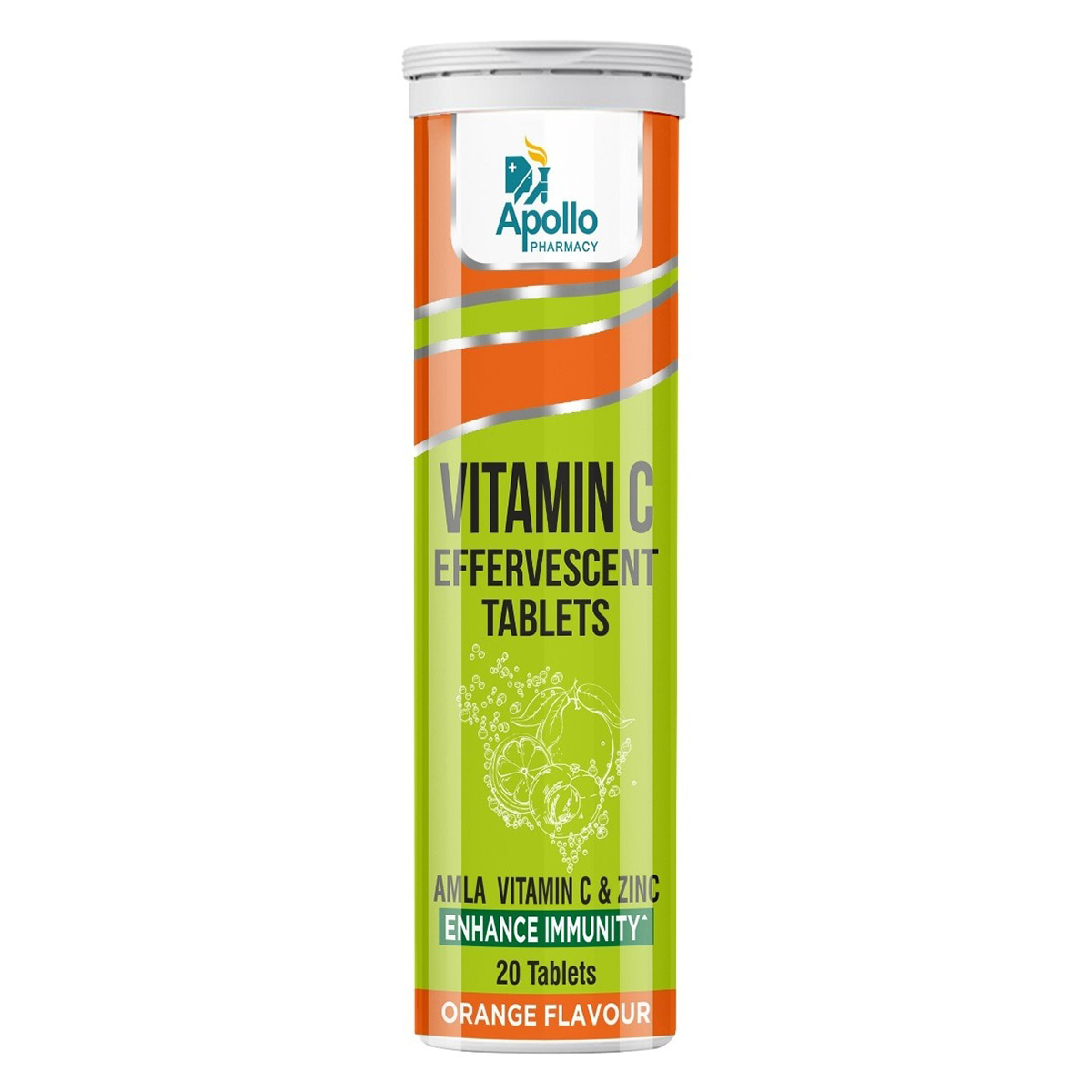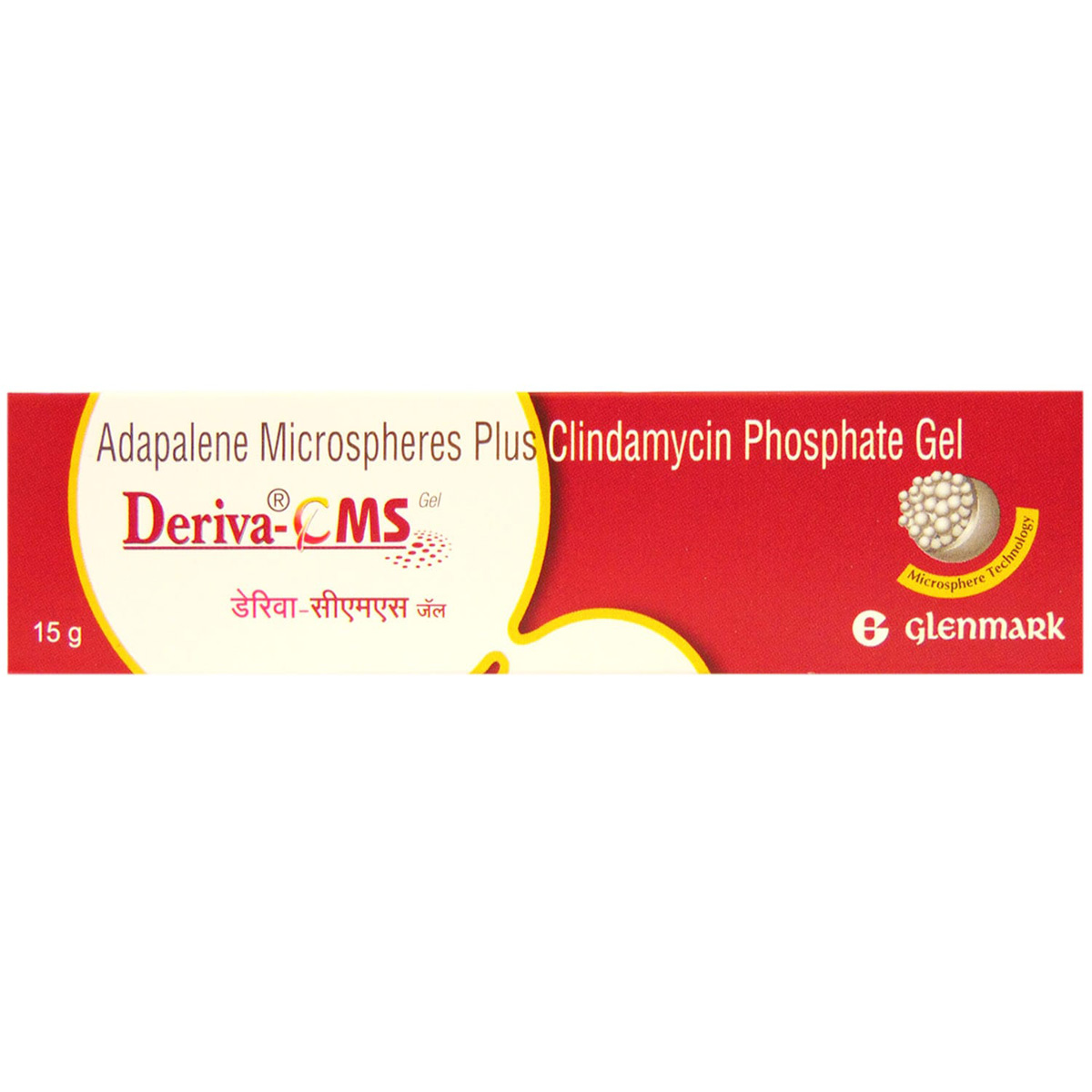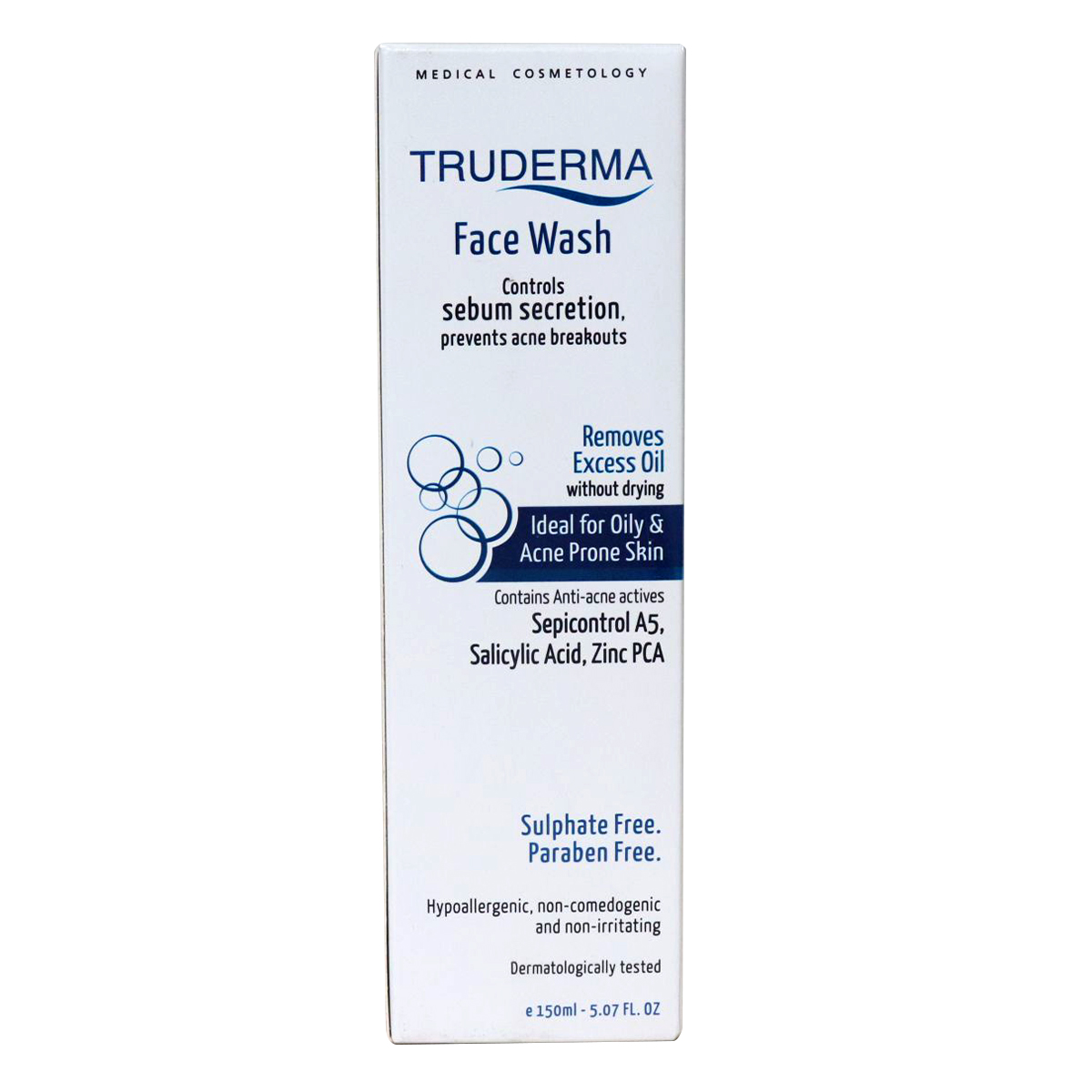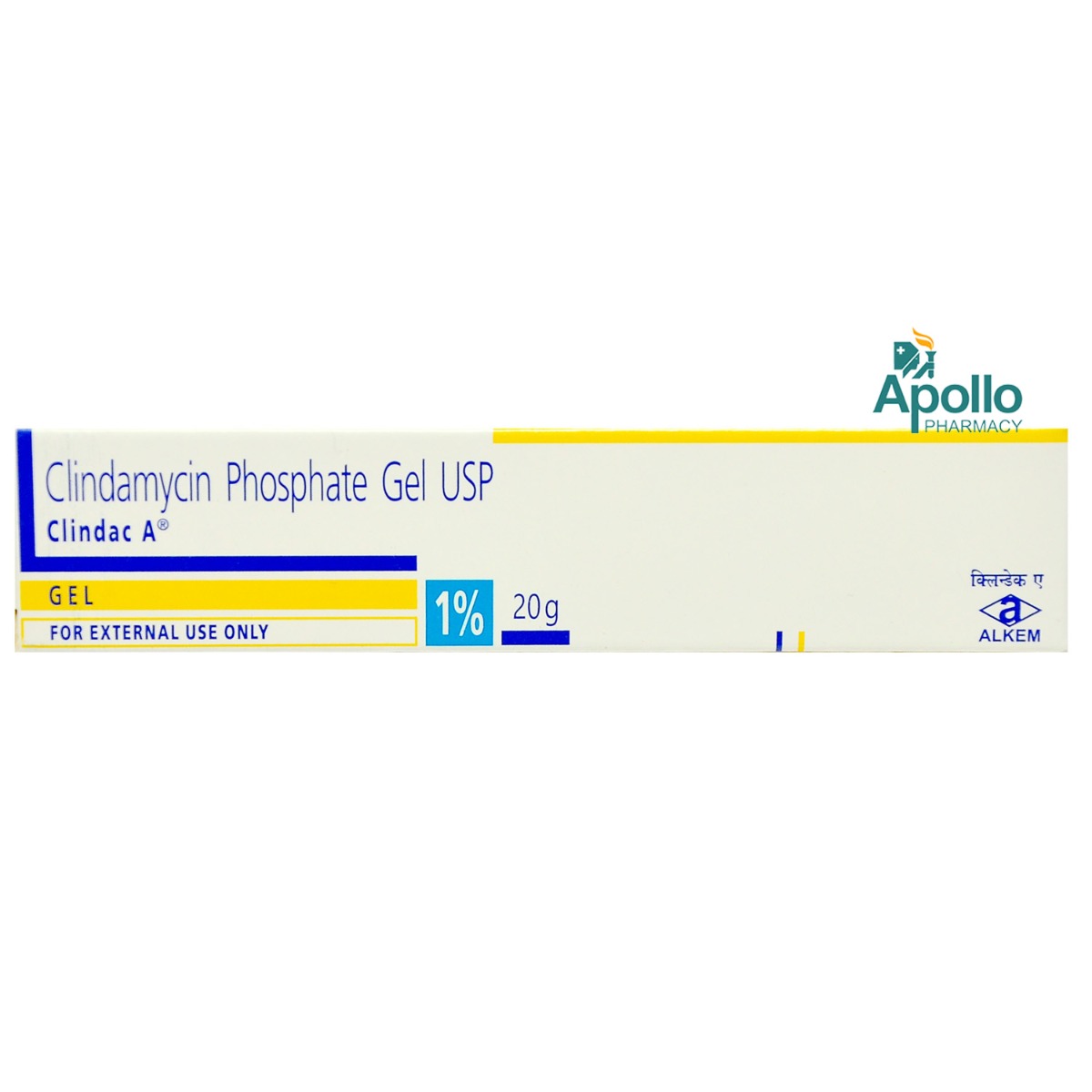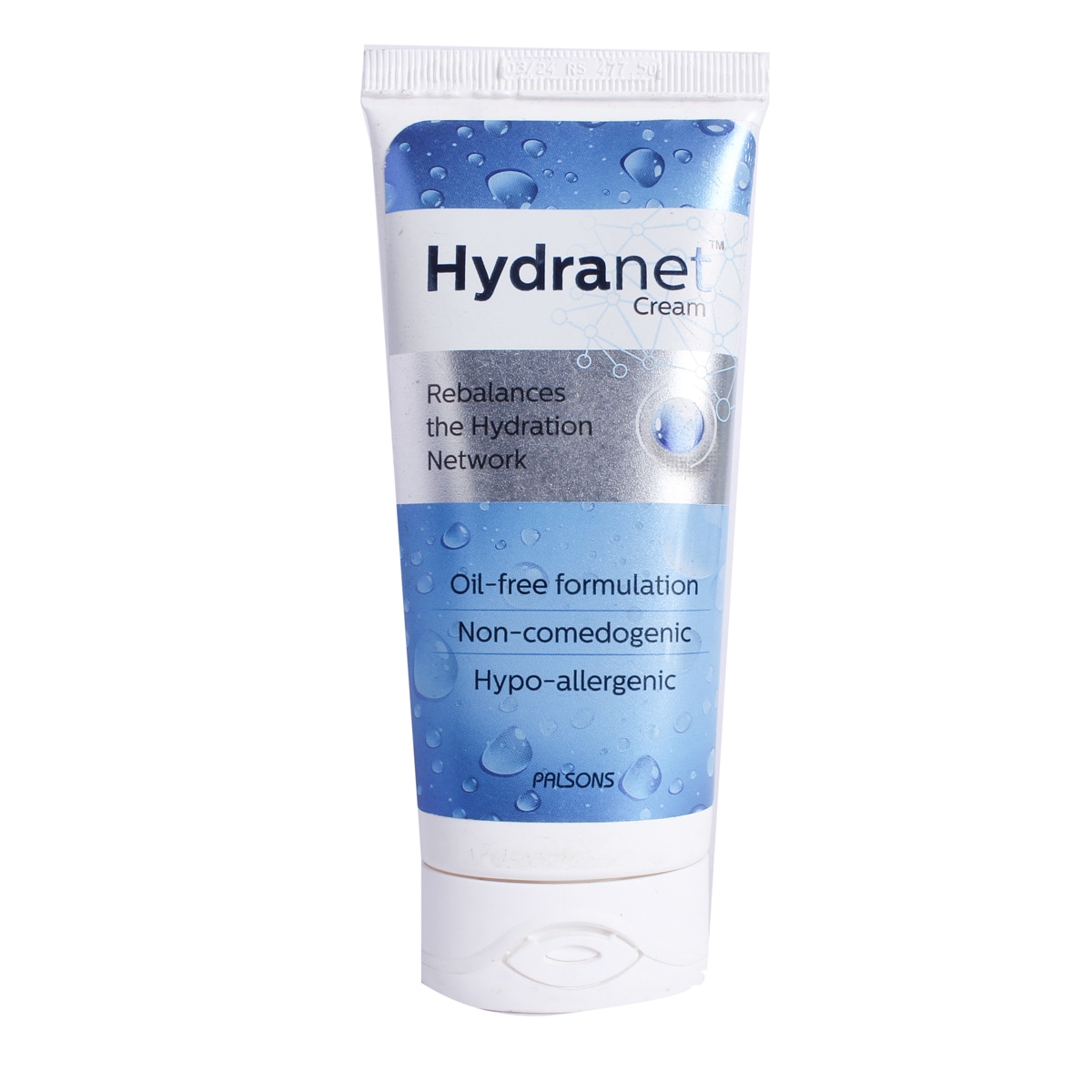Faceac Gel
MRP ₹150
(Inclusive of all Taxes)
₹22.5 Cashback (15%)

Available Offers
Therapeutic Class
Drug-Drug Interactions Checker List
- ACETAMINOPHEN
Drug-Drug Interactions
Drug-Drug Interactions
Login/Sign Up
Drug-Food Interactions
Drug-Food Interactions
Login/Sign Up
Drug-Diseases Interactions
Drug-Diseases Interactions
Login/Sign Up
Drug Warnings
Inform your doctor if you are allergic to any of the contents. Please consult the doctor before using Faceac Gel during pregnancy or breastfeeding. Women with a tendency for chloasma/melasma (skin condition commonly seen in middle-aged women) should avoid sun exposure immediately after using Faceac Gel. Protect your skin with a prescribed sunblock alongside as exposure to the sun worsens pigmentation. Avoid getting Faceac Gel in your eyes, nostrils or mouth. Avoid using Faceac Gel in case you have a history of colitis, liver disease, IBD or any disease-causing chronic diarrhoea.
Side Effects of Faceac Gel
- Burining sensation
- Itching
- Dryness
- Redness
- Oily skin
Directions for Use
Medicinal Benefits Mweb
Key Benefits
Faceac Gel contains Clindamycin and Nicotinic acid. Faceac Gel is used to treat acne vulgaris. Clindamycin is an anti-bacterial that suppresses the growth of acne-forming bacteria called Propionibacterium acnes. Clindamycin interrupts protein synthesis by binding to the cell units of bacteria, thereby inhibiting their growth and division. Nicotinic acid is a form of Vitamin B3. It functions as an anti-inflammatory agent, relieving the face of any redness, soreness or puffiness caused by acne. It also helps in collagen (major skin protein) production, thereby enhancing the appearance of the skin. In addition, niacinamide regulates sebum production, thereby finding use in the treatment of acne which occurs because of excess sebum production. Faceac Gel hence is very effective in treating acne.
Uses of Faceac Gel
About Faceac Gel
Faceac Gel is a combination medication used in the treatment of acne. Acne is a skin condition characterised by blocked pores that lead to an unsightly appearance of the skin, consisting of blackheads, whiteheads and pimples.
Faceac Gel is composed of Clindamycin and Nicotinic acid. Clindamycin nips the growth of bacteria in the bud by blocking protein synthesis. Nicotinic acid has anti-inflammatory properties and enhances the overall appearance of skin and complexion by reversing cellular damage and increasing the layers of healthy skin cells.
In some cases, Faceac Gel may cause certain very occasional side effects such as skin irritation, burning sensation, and oiliness. Most of these side effects do not require medical attention and will resolve gradually over time. However, you are advised to talk to your doctor if you experience these side effects consistently.
Please inform the doctor if you are allergic to any of its components. Consult your doctor before using Faceac Gel during pregnancy or if you are breastfeeding. Avoid getting Faceac Gel in your eyes, nose or mouth. If contact occurs, wash with water immediately. Do not apply Faceac Gel to cuts, open wounds, broken, sunburnt or sensitive areas of skin.
Online payment accepted
know your delivery time
Provide Delivery Location
Therapeutic Class
All Substitutes & Brand Comparisons
- Burning sensation is an abnormal side effect that needs medical attention. To relieve the burning feeling, your doctor may prescribe painkillers or antidepressants.
- Focused exercises can improve strength and reduce burning by soothing muscles.
- Change in lifestyle and improving nutrition can reduce the causes of burning sensation and provide relief.
- Your doctor may suggest nerve block injections as it is related to sensation in the skin.
- Burning feeling in a specific area would need mild electrical currents to reduce pain that targets the nerve affected. This practice must be done only if your doctor mentions it.
- Avoid hot or cold temperatures, and shower with lukewarm water.
- Apply sunscreen with an SPF of at least 30 every day, even in winter.
- Limit spicy foods and other foods that can cause redness.
- Limit alcohol consumption, especially red wine.
- Avoid clothing made from wool and other irritating fabrics.
- Don't exfoliate too much, and use gentle scrubs.
- Avoid products with menthol, camphor, or sodium lauryl sulfate.
- Identify and avoid allergens that can cause allergic reactions.
- Use a gentle, non-drying cleanser and moisturizer that are suitable for your skin type.
- Skin rash caused by allergies is due to irritants or allergens. Therefore, avoid contact with such irritants.
- Consult your doctor for proper medication and apply an anti-itch medication. Follow the schedule and use the medication whenever needed.
- Protect your skin from extreme heat and try to apply wet compresses.
- Soak in the cool bath, which gives a soothing impact to the affected area.

Have a query?
Verified Buyers Reviews
Side Effects
- A Burning Feeling In A Specific Area
- Dry, itchy skin
- Redness
- Allergic Reaction
- Rash
If any of the above side effects continue or intensify, seek medical advice. Professional guidance may be necessary for appropriate care and treatment adjustments.
Buy best Dermatology products by
Glenmark Pharmaceuticals Ltd
Sun Pharmaceutical Industries Ltd
Klm Laboratories Pvt Ltd
Cipla Ltd
Canixa Life Sciences Pvt Ltd
Abbott India Ltd
Ajanta Pharma Ltd
Intas Pharmaceuticals Ltd
Dr Reddy's Laboratories Ltd
East West Pharma India Pvt Ltd
Alkem Laboratories Ltd
Atopic laboratories Pvt Ltd
Hegde & Hegde Pharmaceutica Llp
Brinton Pharmaceuticals Ltd
Torrent Pharmaceuticals Ltd
Amwill Healthcare Pvt Ltd
Leeford Healthcare Ltd
Palsons Derma Pvt Ltd
Oaknet Healthcare Pvt Ltd
Med Manor Organics Pvt Ltd
Micro Labs Ltd
Dermocare Laboratories Gujarat Llp
Fixderma India Pvt Ltd
Apex Laboratories Pvt Ltd
Mankind Pharma Pvt Ltd
Ipca Laboratories Ltd
Yaher Pharma
Systopic Laboratories Pvt Ltd
Menarini India Pvt Ltd
Ethinext Pharma
Nemus Pharmaceuticals Pvt Ltd
Skinocean Pharmaceuticals
Dermacia Healthcare
Inex Medicaments Pvt Ltd
Lupin Ltd
GlaxoSmithKline Pharmaceuticals Ltd
Talent India Pvt Ltd
Zydus Cadila
Kivi Labs Ltd
Zydus Healthcare Ltd
Hbc Dermiza Healthcare Pvt Ltd
Mrhm Pharma Pvt Ltd
Regaliz Medicare Ltd
Sol Derma Pharmaceuticals Pvt Ltd
Newtrimed Healthcare Pvt Ltd
Wallace Pharmaceuticals Pvt Ltd
Eskon Pharma
Glowderma Lab Pvt Ltd
La Pristine Bioceuticals Pvt Ltd
Mohrish Pharmaceuticals Pvt Ltd
Percos India Pvt Ltd
Rockmed Pharma Pvt Ltd
Macleods Pharmaceuticals Ltd
Praise Pharma
Ethicare Remedies Pvt Ltd
Kaizen Drugs Pvt Ltd
Aurel Biolife
Rely On Pharmaceuticals
Wockhardt Ltd
Galcare Pharmaceuticals Pvt Ltd
Elder Pharmaceuticals Ltd
Indiabulls Pharmaceuticals Pvt Ltd
La Med Healthcare Pvt Ltd
Biocute Life Care
Yap Bioceuticals
Yash Pharma Laboratories Pvt Ltd
Zee Laboratories Ltd
Apple Therapeutics Pvt Ltd
Adonis Laboratories Pvt Ltd
Albatross Healthcare Pvt Ltd
Galderma India Pvt Ltd
Prism Life Sciences Ltd
FDC Ltd
Alniche Life Sciences Pvt Ltd
Salve Pharmaceuticals Pvt Ltd
West Coast Pharmaceuticals Pvt Ltd
Dermarex HealthCare India Pvt Ltd
Arka Vital Science Pvt Ltd
Dermajoint India
Gary Pharmaceuticals Pvt Ltd
Grace Derma Healthcare Pvt Ltd
Karlin Pharmaceuticals & Exports Pvt Ltd
Skinska Pharmaceutica Pvt Ltd
Uniza Healthcare Llp
Alembic Pharmaceuticals Ltd
Cadila Healthcare Ltd
Cadila Pharmaceuticals Ltd
Cosmofix Technovation Pvt Ltd
Human Pharmaceuticals
Indolands Pharma Pvt Ltd
Lyra Laboratories Pvt Ltd
Akumentis Healthcare Ltd
Entod Pharmaceuticals Ltd
Iceberg Health Care Pvt Ltd
Jenburkt Pharmaceuticals Ltd
P and P Dermaceuticals Pvt Ltd
Dabur India Ltd
Indchemie Health Specialities Pvt Ltd
Olcare Laboratories Pvt Ltd
Unison Pharmaceuticals Pvt Ltd
BODY CREAM
Body Lotion
Face Cream
Shampoo
Sun Screen
Face Gel
Soap
Face Wash
HAIR SOLUTION
Face Serum
BODY GEL
Hair Lotion
Hair Serum
Dusting Powder
ANTISEPTIC
FACE CLEANSER
Face Lotion
Body Wash
Body Spray
Eye Cream
FUNGAL INFECTION
Foot Cream
Conditioner
Eye Gel
Cleanser
Hair Cream
Hair Oil
Face Mask
Hair Gel
Sanitizer
Hair Spray
Moisturiser
Skin Ointment
Lip Balm
Capsule
Eye Serum
Intimate Wash
Specialty Supplements
Hand Cream
Facial Spray
SPECIALITY SUPPLEMENT
Face Toner
MEDICATED SHAMPOO
Tablet
Talcum Powder
BABY SUNSCREEN
Body Butter
Body Scrub
DIAPER RASH CREAM
EYE SOLUTION
FACIAL WIPE
Gargle
Hand Wash
Intimate Spray
Lip Serum
Lubricant Gel
MEDICATED CREAM
Nail Polish
VITAMIN D
Customers Also Bought
Frequently Bought Together
₹297.2
MRP ₹330
10% off
1
+₹527.1
MRP ₹599
12% off
1
+



